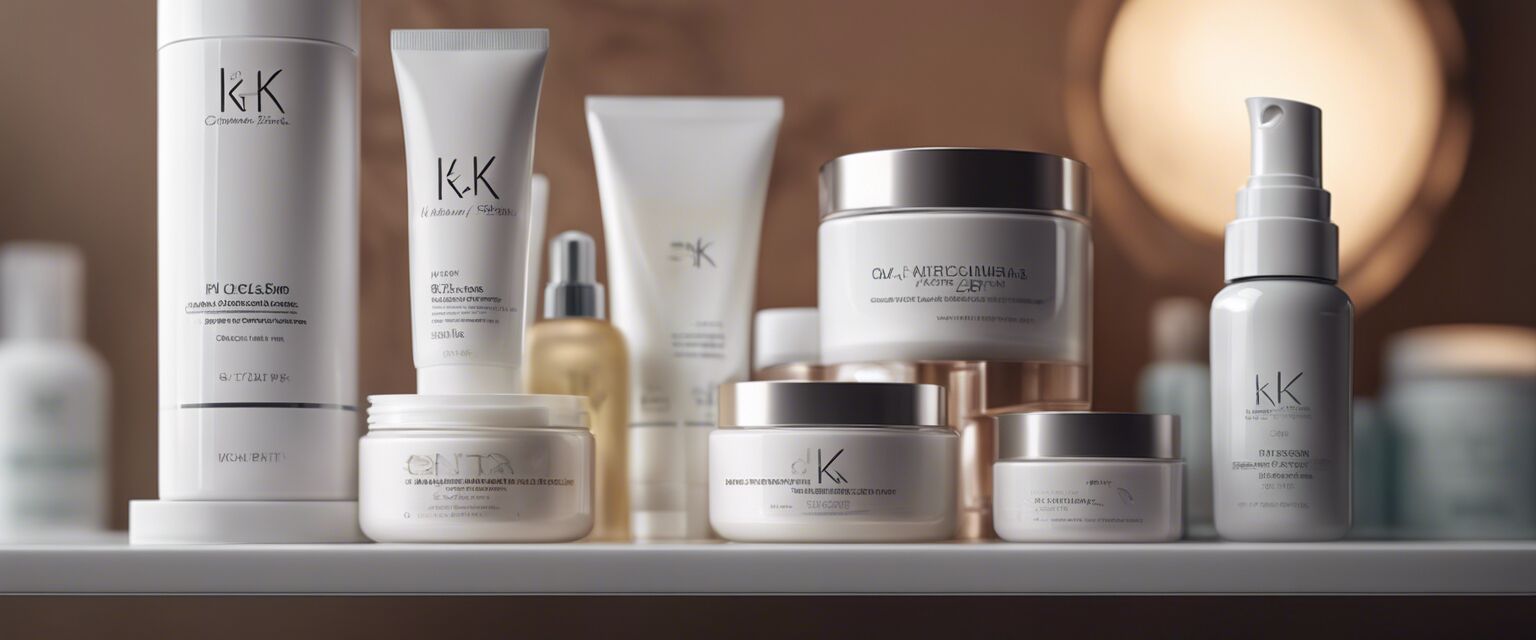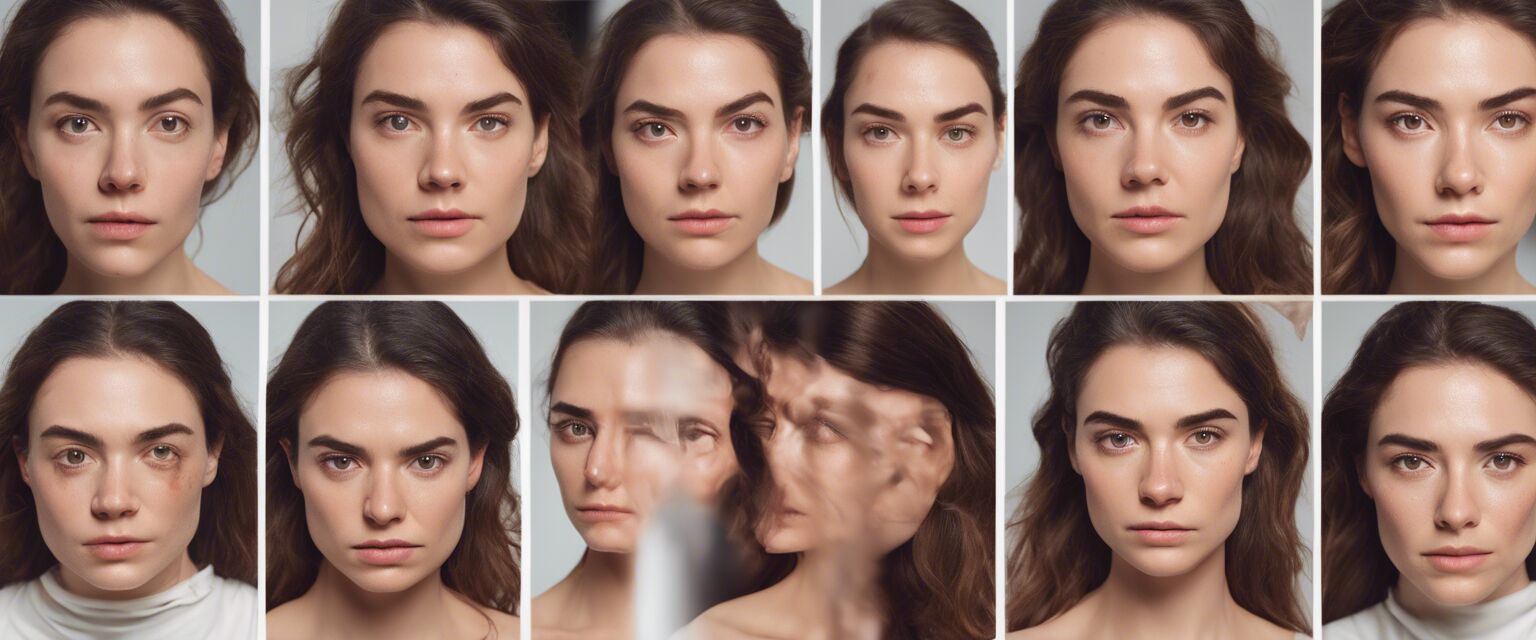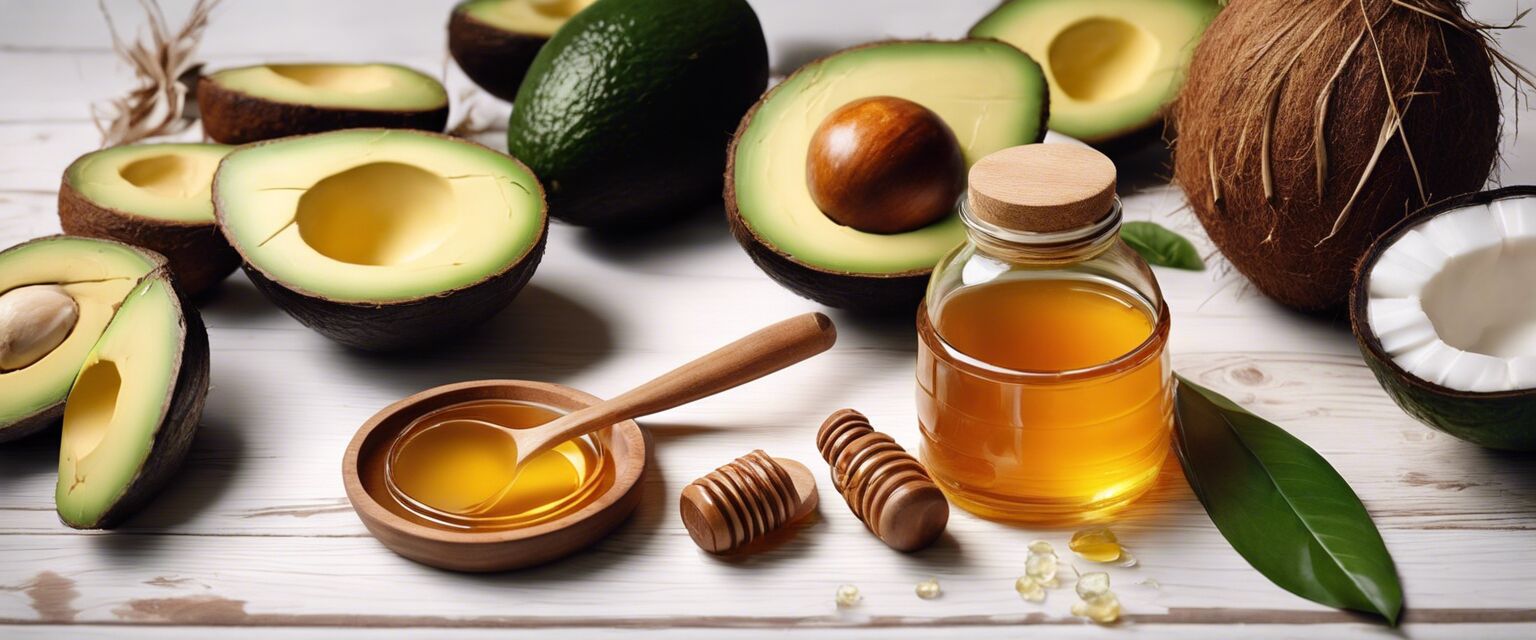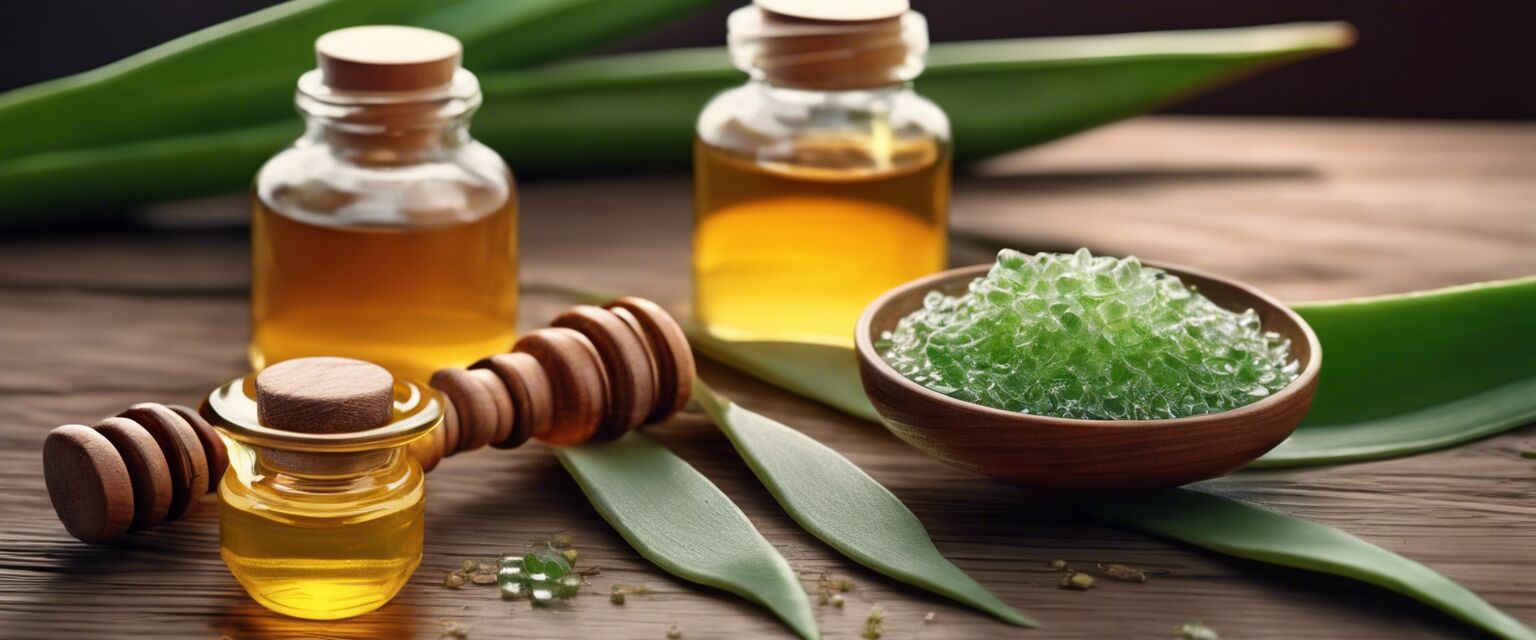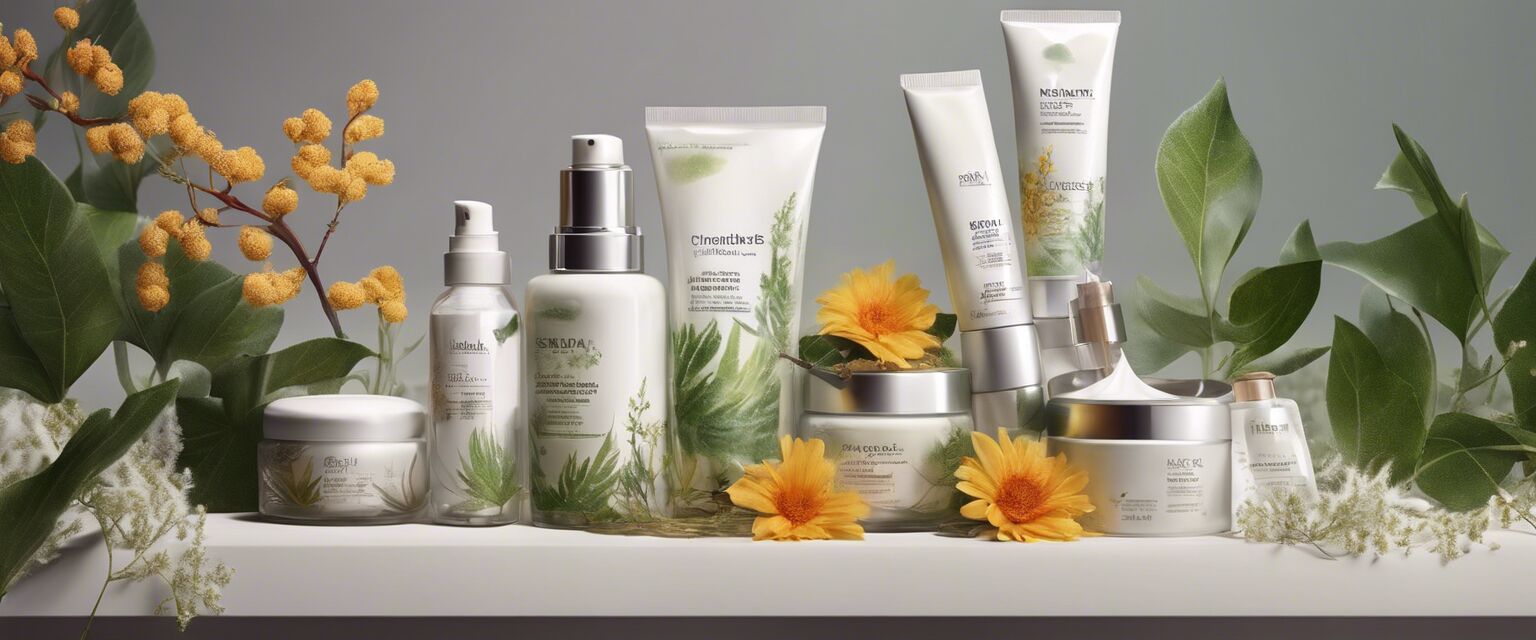
Diet and Acne Connection
Key Takeaways
- Diet plays a significant role in skin health.
- Foods high in sugars and dairy may exacerbate acne.
- A balanced diet rich in fruits and vegetables can promote healthier skin.
- Staying hydrated is essential for skin health.
- Individual responses to dietary changes vary; consult with a parent or guardian when making changes.
As teenagers navigate the complex world of adolescence, they often encounter issues such as acne that can affect their self-esteem and social interactions. While genetics and hormones play significant roles in the formation of acne, recent studies suggest that diet may also influence skin health. This article digs deep into the diet and acne connection, helping teens understand how dietary choices can impact their skin.
Understanding Acne
Before exploring dietary impacts, it’s essential to understand what acne is. Acne occurs when hair follicles become clogged with oil and dead skin cells, leading to pimples, blackheads, and cysts. Factors like hormonal changes, stress, and yes, diet can contribute to this process.
Common types of acne
- Whiteheads: Closed comedones that stay under the skin.
- Blackheads: Open comedones that turn dark when exposed to air.
- Pustules: Red base with pus at the top.
- Cysts: Deep, painful lumps under the skin.
The Role of Diet
Your diet can influence your skin in surprising ways. Here are some ways specific foods might affect acne:
Foods that may trigger acne
| Food Type | Potential Effects on Skin |
|---|---|
| High-sugar foods | May increase insulin levels, leading to inflammation. |
| Dairy products | Some studies link dairy consumption to acne flare-ups. |
| Junk food | Processed fats and carbs may exacerbate skin problems. |
| Chocolate | Some reports suggest it could worsen acne symptoms. |
Foods that may help clear skin
| Food Type | Potential Benefits for Skin |
|---|---|
| Fruits & Vegetables | Rich in antioxidants that can fight skin inflammation. |
| Whole grains | May keep blood sugar levels stable. |
| Healthy fats (avocado, nuts) | Support skin hydration and health. |
| Water | Hydration is crucial for maintaining skin integrity. |
Hydration and Acne
Staying hydrated is crucial for maintaining skin health. Dehydration can cause your skin to overproduce oil, potentially leading to clogged pores and breakouts.
Tips for Staying Hydrated
- Carry a reusable water bottle.
- Aim to drink at least 8 glasses of water daily.
- Incorporate hydrating foods like cucumbers and oranges.
- Limit sugary drinks, including sodas.
The Importance of a Balanced Diet
Eating a well-rounded diet is essential for overall health, including skin health. A balanced approach can make it easier to manage acne and support long-term skin wellness.
Building a balanced plate
When it comes to meals, aim for balance with a variety of food groups:
| Food Group | Examples | Portion Size |
|---|---|---|
| Fruits | Apples, bananas, berries | 1-2 servings |
| Vegetables | Spinach, carrots, broccoli | 2-3 servings |
| Whole grains | Brown rice, quinoa, oats | 1 serving |
| Protein | Chicken, fish, legumes | 1 serving |
Real-Life Dietary Changes
Many teenagers have found success by altering their diets. Here are some common changes:
- Reducing sugar intake: Cutting back on sodas and sweets.
- Emphasizing whole foods: Focusing on unprocessed foods.
- Increased vegetable consumption: Making veggies a part of every meal.
- Replacing dairy with alternatives: Experimenting with almond or oat milk.
Consulting with Professionals
Before making significant dietary changes, consulting with a healthcare professional is essential. They can provide personalized advice that considers individual needs.
Pros
- Improving skin health through diet can boost confidence.
- A healthy diet benefits overall well-being, not just skin.
- Creating healthy habits early on can lead to lifelong benefits.
Cons
- Individual dietary responses vary; not all changes lead to improvements.
- Peer pressure and social situations can make dietary changes challenging.
- It may take time to see noticeable results from dietary changes.
Conclusion
Understanding the link between diet and acne is vital for teenagers looking to improve their skin health. While there’s no one-size-fits-all solution, being mindful of dietary choices can help manage and potentially reduce acne. Remember, it's always best to discuss significant changes with a parent or healthcare provider.
